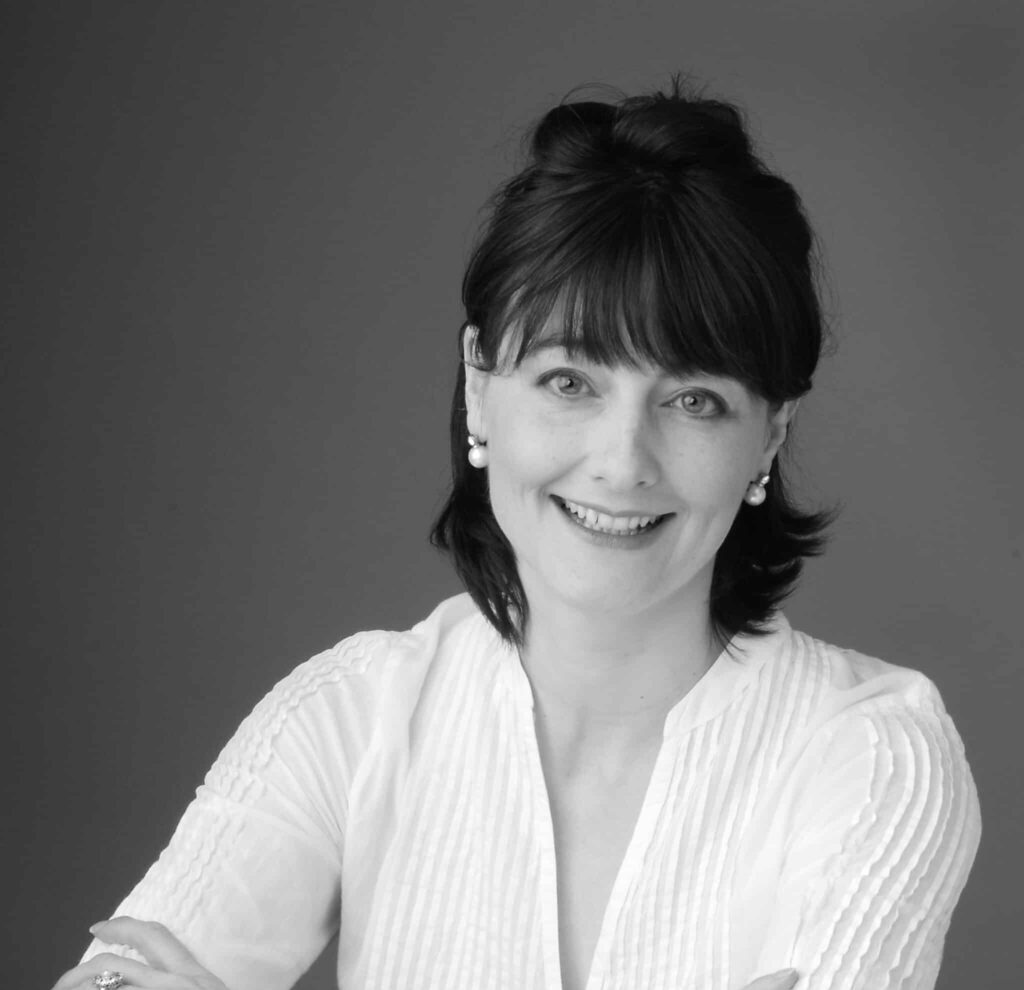Neil MacGregor: ‘The Hamlet Generation and a Dislocated World’
Monday, 1st October 2012
Dr MacGregor came to Eton to talk about the world of Shakespeare’s generation and its extraordinary originality – the dark side of which was its fragility. In a sense this was a kind ‘Thank You’ gesture from Dr MacGregor for Eton’s agreeing to lend our painting of Venice (by Fialetti) to the British Museum’s current exhibition on Shakespeare’s world. The talk was held under the aegis of the History Society, the Literary Society and the History of Art Society, and Election Hall was completely full for the occasion.
In a brilliant and wide-ranging speech, Dr MacGregor used objects from the British Museum’s collections to show how new the world of English men and women born in the 1560s must have been. Divorced by the religious changes of the Tudors from the comforting security of Roman Catholicism, they had to build a new church and a new faith – he linked this to Shakespeare’s ambiguous approach to such subjects as Purgatory, which his generation were meant not to believe in, but which Hamlet’s father’s ghost seems to think real enough. He placed Shakespeare in his time as a savvy politician, able to turn to the specifically ‘Scottish’ themes of Macbeth or ‘British’ themes of King Lear when confronted by the new Scottish monarch, James I, who was determined to be granted the title of ‘King of Great Britain’.
The images shown on the screen ranged from the woollen cap that the working-classes had to wear when out of their houses, to the elegant Italian-style fork that a wealthy play-goer must have dropped through the floorboards at The Globe – which links neatly to Shakespeare’s financial success based on a share in the catering contract for that very theatre. The final image, of a copy of Shakespeare’s plays used by prisoners under the apartheid regime in South Africa, made it clear that the concerns of ‘Hamlet’s Generation’ continue to resonate into the 20th and 21st centuries.
The large audience in Election Hall was held entranced, and although the talk lasted over an hour we could all have wished it longer: it certainly launched the History, Literary and History of Art Societies into the Michaelmas Half in the most stylish way possible.
J.D.H.



